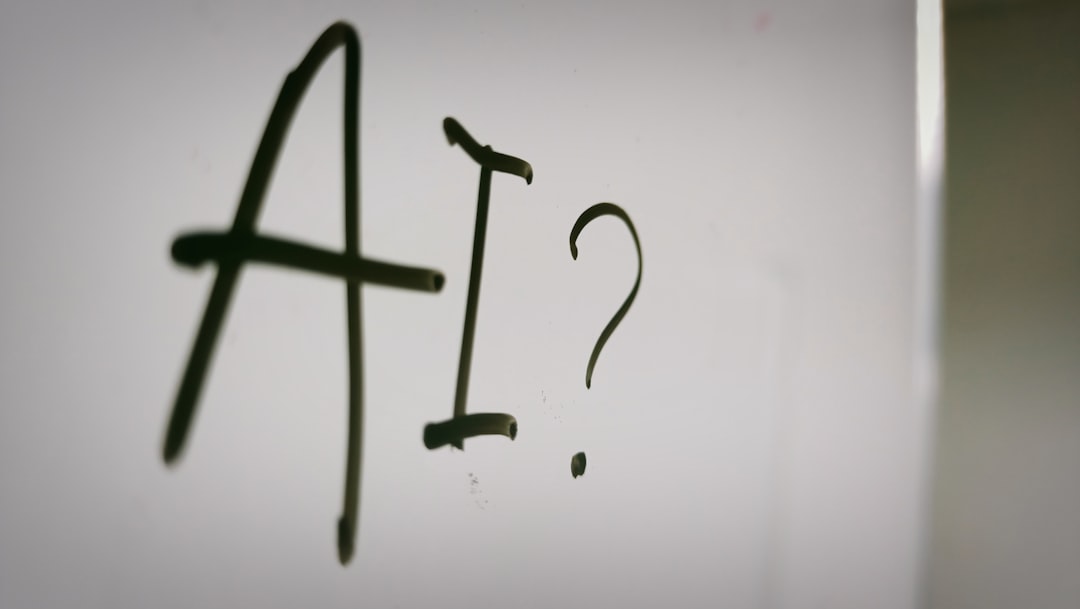University of Delaware professor Doug Tallamy has a simple mission: Encourage people to rid their property of invasive plants and replace them with native ones. One of the ways he's tackling it is through a concept called “Homegrown National Park,” a grassroots initiative he co-founded to offer a simple solution for the biodiversity crisis — the decline of a variety of animals, plants and numerous species.
Tallamy, the TA Baker Professor of Agriculture and Natural Resources at the University of Delaware, is trying to encourage everyone to do their part to protect the planet.
If invasive plants (which don’t belong in an area and can ultimately harm the ecosystem by taking away essential resources from other plants) grow out of control, then an area loses its biodiversity, the ability for multiple plant and animal species to function at once and create a rich ecosystem.
Invasive species are prolific. For example, many invasive plants produce berries, which some birds eat. The birds then spread those seeds around. So, once invasive plants are in an area, they’re hard to get rid of. The idea is to replace them with native plants, which have historically belonged to a region and provide critical habitat for insects, birds and other creatures.
It's an uphill climb, but Tallamy persists and is trying to save the world, one yard at a time.
“Everybody has a responsibility of doing things that sustain their little piece of the earth, and there are a whole bunch of things one individual can do to help in that regard,” Tallamy said.
What’s not so simple, however, is getting the Earth’s 8 billion people (or, at least, anyone with property) to do this.
“We are trying to change the culture so that [replacing invasive plants with native ones] becomes the norm, not the exception,” Tallamy said. “We’re not getting rid of lawns. But we don’t need 44 million acres of them. There are now so many people on the planet that natural systems are not functioning the way they need to sustain us.”
A snowball effect
Much of our current plant culture revolves around colorful, aesthetically pleasing ornamental plants that don’t support the local food web. When they grow out of control, a local yard or larger region loses out on biodiversity.
The natural world is all connected. For example, Tallamy said, if we lose pollinators like our native bees that transport pollen between plants, then we also lose most of our plants that produce flowers and fruits. It’s a snowball effect.
“If that happens, the energy flow through our terrestrial ecosystems is almost totally disrupted, which means the food webs that support our vertebrate animals, our amphibians, our reptiles, our birds and our mammals would collapse and all those animals would disappear,” Tallamy said.
“Without insect decomposers, the creatures that break down dead material, mostly plants, would rot and only bacteria and fungi would endure.”
“Homegrown National Park” has generated a lot of buzz for Tallamy, who received recognition for it in October by the Massachusetts Horticultural Society. The MHS awarded Tallamy with its highest honor, the George Robert White Medal of Honor, for eminent service in the field of horticulture.
Conservation in action
Tallamy’s quest to “change the culture” on planting can be witnessed in the fall at UD.
On a warm October afternoon, he and a group of students from the Introduction to Insect and Wildlife Field Studies (ENWC 165) course trudged out to UD Wetlands to curtail some pesky invasive plants native to Asia.
Equipped with clippers, loppers and handsaws, they walked behind Worrilow Hall, part of the College of Agriculture and Natural Resources’ 350-acre campus, which includes the UD Wetlands, an area that was formerly a dairy cow pasture but transformed into wetlands in 2008 because pollution from the farm was reaching the local watershed.
The wetlands were created because wetlands, by design, absorb nitrogen from runoff before it goes into waterways. They then release it as a gas into the atmosphere.
But the UD Wetlands repeatedly deal with pesky invasive plants such as Porcelain-berry and Chinese elm. Over the years, UD students have stymied the species from overtaking the area.
“See this? This is a good guy,” said Tallamy to the students as he held up a fallen branch. “You just want to get the Porcelain-berry off of it. They’ll grow back very well. But we want to nip [the Porcelain-berry] in the bud.”
Taylor Kelly, a senior wildlife ecology and conservation major who took part in the invasive species removal, said Tallamy has helped her better understand the interconnectedness of various ecosystems.
“Native plants provide so much value to our local pollinators, which add value to our local birds because they feed on pollinators, seeds, fruit and trees,” Kelly said.
When native plants are in their natural environment, she added, it is a beautiful thing to see.
Gardening with intention
Tallamy, who began his teaching career at the University of Delaware in 1982, has published numerous research papers about entomology and written three books about native plants, insects and ecosystems, with a fourth book soon to come out.
Lately, much of his career has revolved around public outreach. He often lectures across the country about native plants and their ecosystem value and is regularly quoted in outlets like The New York Times, The Washington Post and Natural History Magazine.
“Dr. Tallamy is a rare scientist that is able to explain his work to everyone,” said Jake Bowman, UD professor of wildlife ecology and chair of the Department of Entomology and Wildlife Ecology. “His passion for the importance of native plants has driven a major shift in thinking.”
Years ago, when Tallamy first set out to spread his messages about native plants, he anticipated a lot of pushback from horticulture enthusiasts who he thought might be resentful about being told how to choose their plants.
Instead, Tallamy found that many actually embraced his ideas, including Delaware’s own Master Gardeners, a group of about 300 volunteer educators trained by UD Cooperative Extension.
Among his supporters are Delaware Master Gardeners Karen Kollias, Brent Marsh and Judy Pfister, who each praised Tallamy for the impact he has had on how they garden.
Kollias now “gardens with intention”— not for herself or her neighbors, but for the environment.
“I was a gardener before,” she said. “Now I consider myself an ecological gardener.”
After Marsh received a copy of Tallamy’s 2007 book, Bringing Nature Home, which talks about the link between native plants and native wildlife, Marsh became a Master Gardener and began planting native species in his Georgetown lawn.
Today, native plants such as woodland sunflowers and oak trees adorn Marsh’s yard, and he is grateful for the value of native plants that he learned through Tallamy’s book.
“Someday, maybe 20 years from now when I’m 100 years old, somebody's going to buy my house and they’re going to say, ‘Who planted all these oak trees?!’” Marsh chuckled. “Doug Tallamy changed my life.”
As Tallamy has sought to simplify scientific knowledge with the general public, Pfister has utilized Tallamy’s approach to do the same.
“He has a way of just making the whole thing a big circle, tying the need for a plant back to the need for a bird back to the need for a tree,” she said.
Tallamy, who has been delighted by the fervor ignited by his native plants teachings, said the future of the Earth and its diverse ecosystems will in large part depend on how people treat their yards.
“In the past, we asked our landscapes to do one thing, and that was, be pretty,” Tallamy said. “Now we have to ask them to do two things: be pretty and ecologically functional. That's the horticultural challenge of today.”
But it’s one Tallamy believes can be achieved.
Sometimes, he wishes he could speak to his 10-year-old self and tell the young boy to dig another pond for the toads to colonize. Restore. Conserve. Focus on keeping nature’s ecosystems intact, he would say.
“We have to do both,” Tallamy said. “Yes, we have to conserve what’s out there, but we have to get in the mindset that we can really put a lot of it back.”
Tallamy and Homegrown National Park co-founder Michelle Alfandari have created a database for people to type in their zip code and discover which native plants are best for their area.





